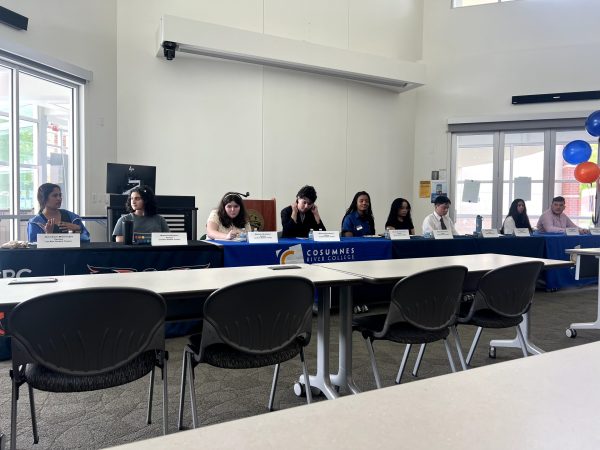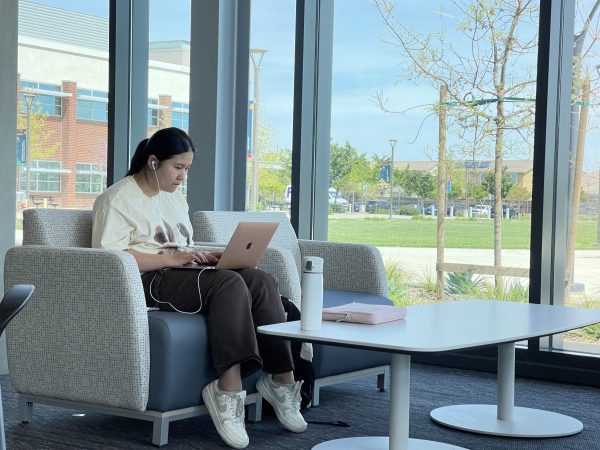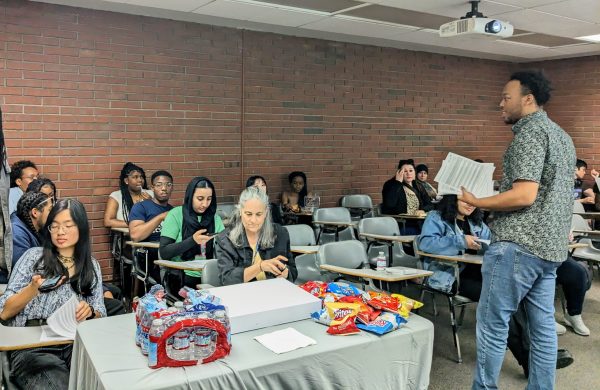Teacher evaluation websites can be useful to students
With students’ planning for spring semester well underway, they are gathering all the information needed to choose classes.
It’s no secret that most students look to outside means when it comes to finding and selecting the right professor for a particular class.
Websites like Rate My Professors and Uloop are becoming more commonly used by students.
Rate My Professors is a review site where college students are able to assign ratings, evaluations and criticisms on various professors from campuses all across the country.
“I use it the majority of the time when I register for classes,” said Bianca Sandoval, 20, an English major. “I think that some of the students are really biased, but some reviews sound fair and genuine. I tend to look for professors that are said to be extremely helpful and fair.”
I’m glad the website exists. Anything that would give the students more information and allow them to make a more educated choice for the classes they pick is a good thing.
— Mathmatics Professor Michael Yarbrough
A student can also use the site as a starting point to see what a particular professor’s teaching approach and style to see if it would suit them.
“I use it because it’s a good way to know about a teacher before choosing a class,” said Cristian Garcia, 21, a hospitality management major. “It’s a great way to figure out if a teacher is helpful and actually teaches instead of reading straight from a book.”
When asked about their thoughts on review websites like Rate My Professors and whether or not they play a factor in helping students select classes, many professors felt the same way.
“I’m glad the website exists,” said Michael Yarbrough, a mathematics professor. “Anything that would give the students more information and allow them to make a more educated choice for the classes they pick is a good thing.”
Daniel DuBray, a communications professor, shared a similar perspective.
“It’s absolutely fine to have some kind of informal networking system for students to at least get an idea of what a professor might be like,” DuBray said.
Some of the site’s main criticisms are that it allows students an easy way out, like those looking for easy classes.
“It can be a negative thing if the students are just looking for what might be the easiest class because that’s not necessarily going to be helpful to you if you’re trying to move up the ladder,” Yarbrough said.
Given that the site also happens to be entirely opinion-based, the commentary and reviews can sometimes be misleading or inaccurate.
“There’s not a peer review so it may not be quite as scientific, meaning being completely valid,” DuBray said. “If a student is really disgruntled they could go on Rate My Professors or one of those websites and write negative and destructive commentary about the professor and it may or may not be accurate.”
Norman Hom, an English professor, said there is a variance of individuals who actually post reviews on rating websites like Rate My Professors.
“Rating websites are fine,” Hom said. “But like with any review site, I do think that one must be cautious when reading what others have said. I generally feel that only students who have either really good or really bad experiences will take the time to post.”
Some students tend to disregard negative comments posted and go off their own judgement, given that there are sometimes instances where individuals would go out of their way to badmouth professors, due to their own downfalls and shortcomings.
“I take the negative comments with a grain of salt,” said Alexzandrea Soniea, 23, a communication studies major.










